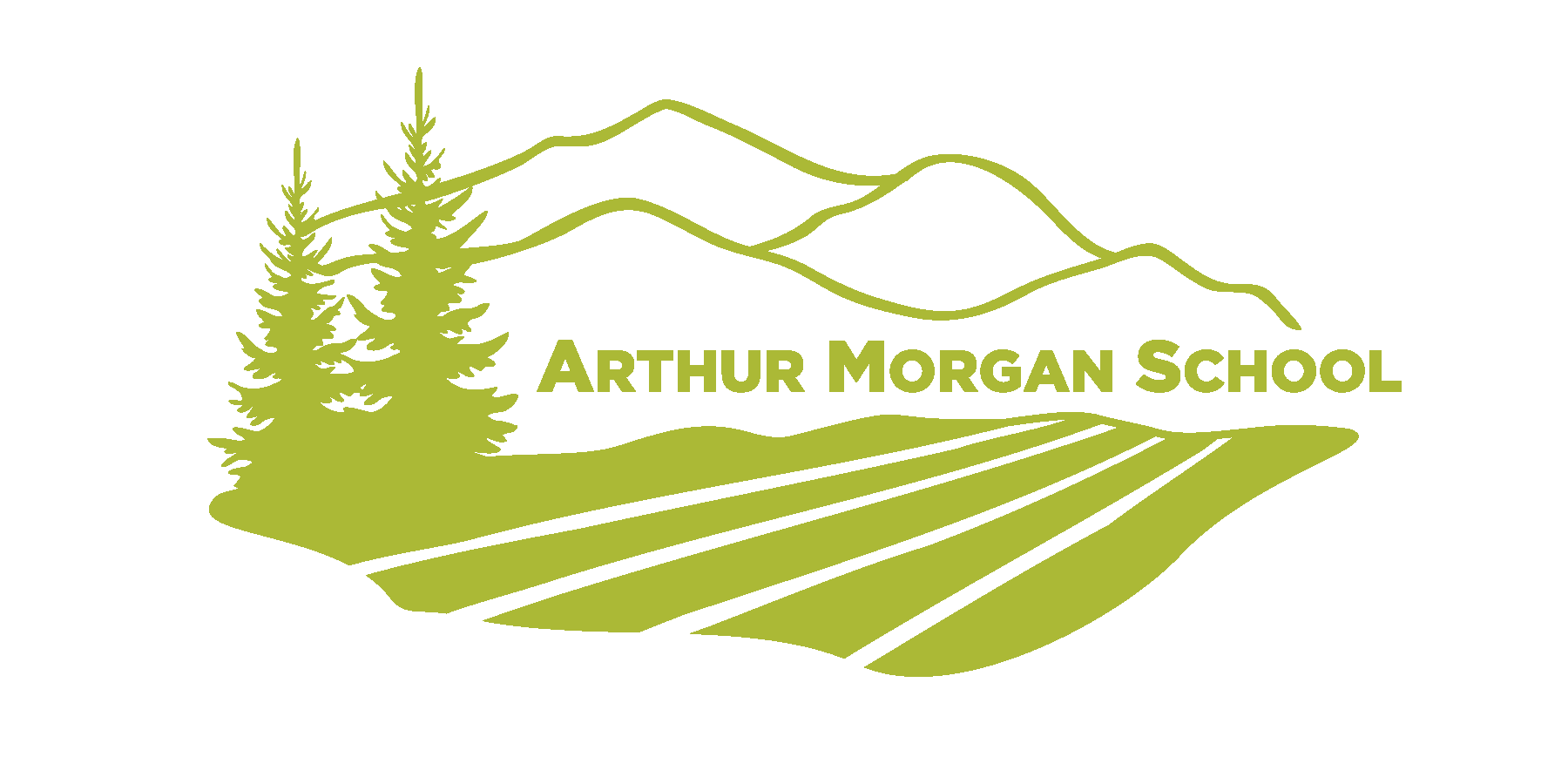Why Experiential Learning is Effective
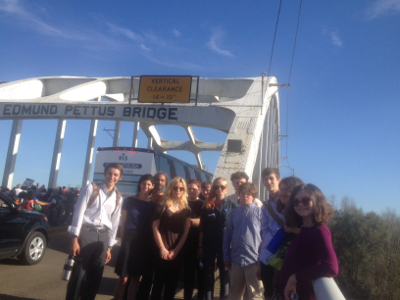
When most educators talk about experiential learning, they typically apply the concept to higher education or work training. They think of experiential learning as a way to prepare college graduates or new hires for employment. Unfortunately when the term is applied to middle school classrooms, experiential learning usually has a more watered down connotation. Websites on the subject suggest playful activities or contrived experiments. Their intent is admirable, but they also fail to get at the heart of why experiential learning is effective. Real experiential learning comes from immersing students in actual life experiences, ones that will challenge and engage them. These experiences will helps students reflect on their involvement and how they want to engage with it in the future.
What is Experiential Learning?
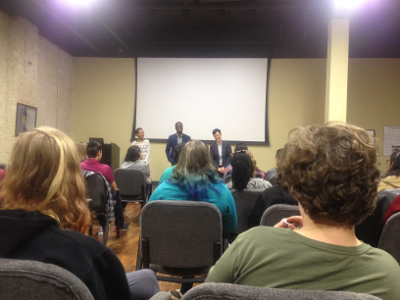 Experiential learning is an old idea. Aristotle wrote about it in 350 BCE. However the theory really took hold with Professor D.A. Kolb who characterized experiential learning as “learning through reflection on doing.” He created the experiential learning cycle which starts with the learner having a concrete personal experience. This experience provides them with the basis to start the next step of reflective observation. In this phase, they think about how they felt about the event and whether or not it was successful. The next stage is abstract conceptualization in which they think about what could be done differently in the future. The final phase allows them to actively experiment with their own ideas.
Experiential learning is an old idea. Aristotle wrote about it in 350 BCE. However the theory really took hold with Professor D.A. Kolb who characterized experiential learning as “learning through reflection on doing.” He created the experiential learning cycle which starts with the learner having a concrete personal experience. This experience provides them with the basis to start the next step of reflective observation. In this phase, they think about how they felt about the event and whether or not it was successful. The next stage is abstract conceptualization in which they think about what could be done differently in the future. The final phase allows them to actively experiment with their own ideas.
Although many classroom activities will successfully meet these four requirements, many of them fail to meet the bigger goal of experiential learning which is to engage middle schoolers with the real world. Middle schoolers are a developmental stage in which they question the importance and relevance of what they are learning. They want their education to prepare them to be involved citizens and have true purpose . Maria Montessori identifies this need in the appendix of her book From Childhood to Adolescence. She writes that the adolescent needs “…to be placed in a position to understand the man’s role which he will play in society.” When done right, experiential learning satisfies this need.
Effective Experiential Learning
Arthur Morgan School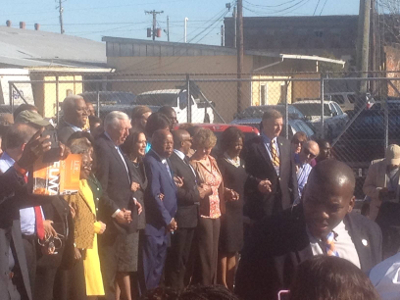 demonstrates why experiential learning is effective through their 18 Day Field Trips. These trips provide middle schoolers with the opportunity to interact with people, organizations, and events that are doing the very things about which they are learning. During this year’s Civil Rights trip, students are meeting several civil rights leaders and participating in events that a part of the current movement.
demonstrates why experiential learning is effective through their 18 Day Field Trips. These trips provide middle schoolers with the opportunity to interact with people, organizations, and events that are doing the very things about which they are learning. During this year’s Civil Rights trip, students are meeting several civil rights leaders and participating in events that a part of the current movement.
This week the trip went to a reenactment of the Selma to Montgomery march across the Edmund Pettus Bridge. They also heard John Lewis, a prominent civil rights leader and politician, speak at the event. For Autumn, a ninth grader, this was a highlight of his trip. “Not everyone you read about in a history book is dead.”
On another day, the trip met with the Southern Poverty Law Center. Whisper, an eighth grader, appreciated hearing how the organization used undercover tactics to track hate groups, something they touched upon in class. The trip also met with the Equal Justice Initiative to see the work the group is doing against mass incarceration.
Learn more our 18 day Field Trips
Making Personal Connections
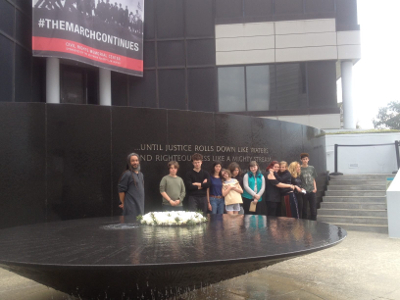 For many students, being able to make a personal connection with the civil rights movement has been powerful. Rey, a ninth grader commented how incredible it’s been to meet people who were active but not as well known in the movement. Before the trip left, the class talked about Malcolm X and Martin Luther King Jr., but on the trip they have the opportunity to speak with Karl Meyer about his personal experiences working with Dorothy Day and other pacifist causes. Ursula, a seventh grader, has gotten a better understanding of what she see when she traveling. In class, the trip talked about slaves transmitting secret messages through music. Now when she sees Aaron Douglas’s murals in the Fisk University, she has a better appreciation for those images are conveying.
For many students, being able to make a personal connection with the civil rights movement has been powerful. Rey, a ninth grader commented how incredible it’s been to meet people who were active but not as well known in the movement. Before the trip left, the class talked about Malcolm X and Martin Luther King Jr., but on the trip they have the opportunity to speak with Karl Meyer about his personal experiences working with Dorothy Day and other pacifist causes. Ursula, a seventh grader, has gotten a better understanding of what she see when she traveling. In class, the trip talked about slaves transmitting secret messages through music. Now when she sees Aaron Douglas’s murals in the Fisk University, she has a better appreciation for those images are conveying.
AMS’s 18 day field trips provide students with the opportunity to really engage with what they are learning. Seeing the civil rights leaders continue their efforts toward building equality allows middle schoolers to see the need for this type of work. By participating and engaging with the real work being done, they can reflect and determine what they want their role to be in future.
-by Nicholas Maldonado
